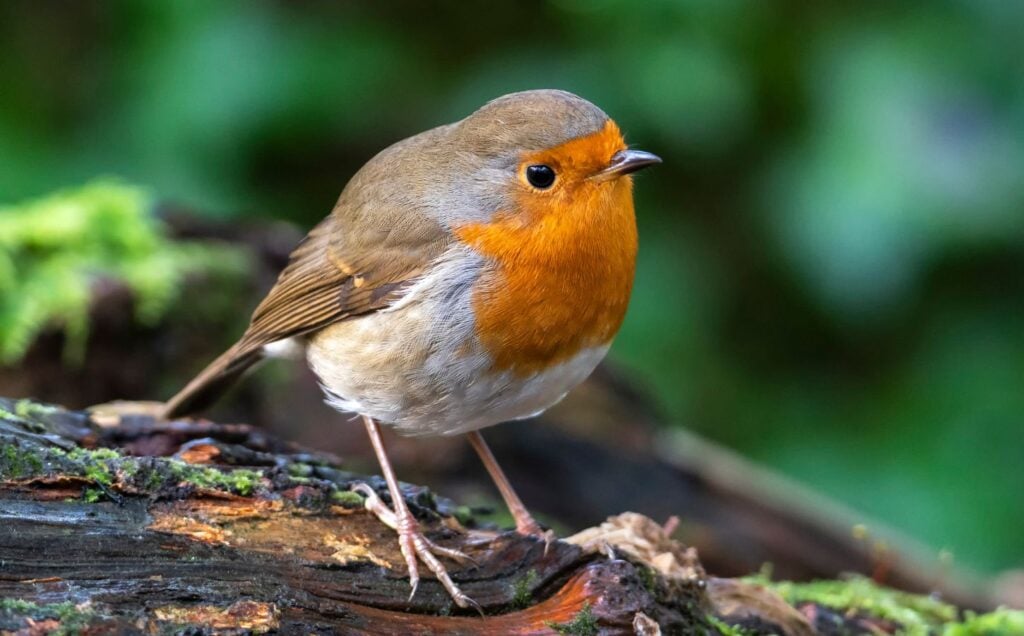A new report has said that animals, trees, and rivers should be given legal rights to help combat the climate crisis and biodiversity loss.
The Law Society report – titled Law in the emerging bio-age – is calling for the UK to take after countries like Bolivia and Ecuador, which have already afforded some rights to the natural world.
“We’re exploring the impact of biotechnology, damage to the global ecosystem and the rights of non-humans,” the report states. “We raise the question of how humans can be better ancestors to future generations of all species and what that would mean for legal ethics.”
The report looks at how legal structures can improve human relations with living systems and the planet. It also questions what granting rights to non-humans may do. And, how we can make legal frameworks fit for the future.
“There is a growing understanding that something very different has to be done if our children are going to have a planet to live on that is in any way pleasant, much less survivable, so this is an expanding trend,” said Dr Wendy Schultz, a futurist and report co-author. “Is it happening as fast as any of us would want? Possibly not, which is why it’s important to get the word out.”
Dr Trish O’Flynn, who co-authored the study, told the Guardian: “An example of a right might be evolutionary development, where a species and individual … is allowed to reach its full cognitive, emotional, social potential.”
As well as wildlife and the natural world, she explained that these rights could affect factory farmed pigs, calves taken away from their mothers, and pets.
Destruction of the environment
Destruction of our natural world, such as biodiversity loss and deforestation, is one of the most significant environmental problems we face.
According to a report published last year, countries should maintain at least 90 percent of their biodiversity to prevent “ecological meltdown.” The global average loss is 75 percent, and the UK has lost around half of its biodiversity.
Agriculture has been identified as a key driver of biodiversity loss. And a report from the UN last year found that countries must move to a “plant-heavy” food system to address it.
Farming is also responsible for around 80 percent of deforestation. Cutting down trees not only removes a vital carbon sink, but the process often releases more greenhouse gas into the atmosphere. This is due to the fact their carbon stores can be released if they are burned or otherwise destroyed.
According to the Law Society report, granting rights to non-human entities like rivers, trees, and animals “communicates our dependence on and a greater role for nature in decision-making.”
Researchers added: “if rights were granted to nonhumans or living systems, then questions of liability for damage to the environment, such as climate change or biodiversity loss, arise.”






